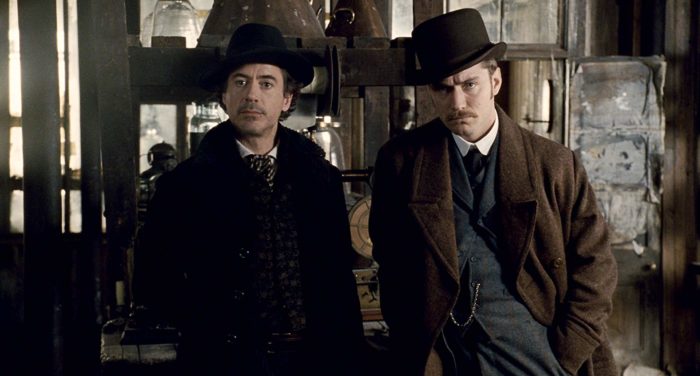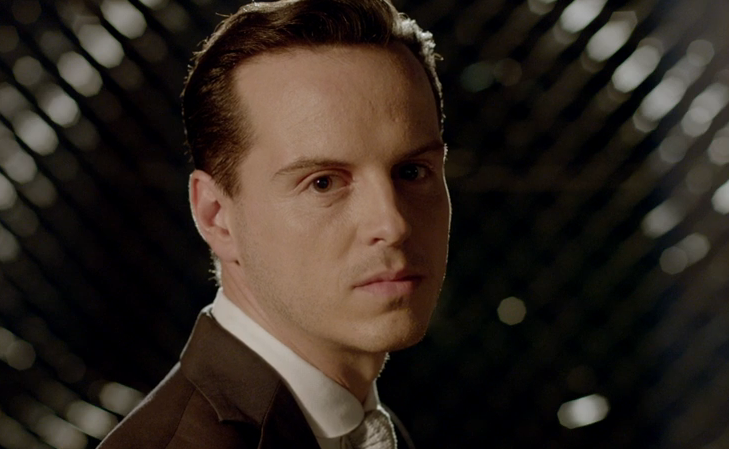

And when she is breezing through her ‘hornaissance’, she has a tough time distinguishing between ‘bad boys’ and just bad boys. When she puts all her energy into getting her dream college, she realizes she hasn’t prepared herself for leaving home. When she loses her virginity, she wonders if the sex was bad.

Thanks to Maitreyi Ramakrishnan’s affable vulnerability, Devi became the screen equivalent of the warm hug that’s waiting for you every time you screw up and question yourself.ĭevi’s Season 4 struggle of becoming a ‘sexy-successful senior’ is populated with her signature screw-ups. It really evolved into the story of any teen girl battling grief and its myriad claws in a highly competitive, self-critical Gen-Z world. To its credit, Never Have I Ever graduated into a show that normalized its Indian protagonist and didn’t zero in on the desi-ness as its sole USP. Before there was a Ms Marvel and a Pavitra Prabhakar, there was Never Have I Ever that showed how Indians enjoyed their own cool space in American pop culture. Much thanks to Mindy Kaling, who’s gradually scaled the sitcom steps from her humble beginnings with The Office. Never Have I Ever started off as a show that made us Indians feel seen in a saturated Western space.


It then reduces all her triumphs to narrative tropes that feel more inserted than organic. Good for Devi as she conquers it all, but when she refers to her lehenga as a sari in a passing moment, it brings back the endless stereotyping of Indians that American shows have ignorantly embraced over the years.
#Seaoson 4 review sherlock series
If we look at the ending through that lens, sans any high-horse scrutiny, the series finale still doesn’t land without any bumps. That you need to live a life without judgement, without entitlement. If there’s anything Devi has learnt the hard way, is that you can’t have it all. Her writing about the same for the qualification essay of her dream college and leaving her selection to fate would’ve made for a more logical ending to her story.īut again, let’s talk about the show we watched, instead of the one we wanted to see. And hasn’t her journey been all about that - relatability over everything else? Her therapist, all emotional, telling her how she’s conquered her trauma feels more of a fitting end to Devi’s journey that’s really been about seeking internal validation than external. Had the show ended an episode prior, it would’ve made Devi’s journey more relatable than aspirational. While one can be sure new challenges await Devi in college (because when Devi is there, can trouble be far behind?), but to see her check all the boxes even for a day feels like a narrative stretch. She gets into her dream college, finds true love and even has the best sex of her life. But in the last episode, as things start to wind up, Devi suddenly transforms into the goddess she’s christened as. The narrative sticks as long as that pattern is in motion till the ninth episode of Never Have I Ever.


 0 kommentar(er)
0 kommentar(er)
